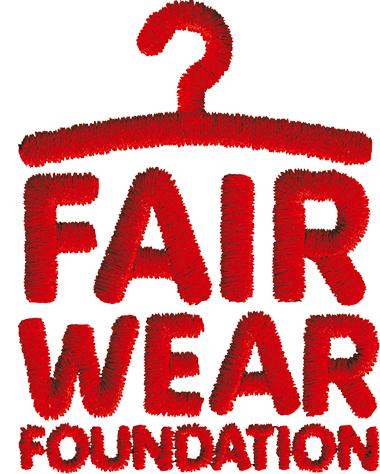INTERMEDIARY REPORT OF A COMPLAINT IN TURKEY AT A FACTORY SUPPLYING HESSNATUR, MINI RODINI, AND NUDIE JEANS
The local helpline received a call on 5 April 2016 after a verification audit took place. The complainant, a worker currently employed at the factory, claimed that if a worker refuses to work on Sunday three times, he or she will be dismissed. Overtime is frequent, with ironing and packing departments especially often working until the morning during peak months. Also, in peak season, they worked seven days straight.
The worker stated that all of the workers are registered; however, they are generally registered one month after recruitment. This results in late registration for social security.
FWF informed Hessnatur, Mini Rodini and Nudie Jeans about the complaint. The members contacted the supplier to discuss the outcomes of the audit, the CAP and the complaints. The factory owner and management agreed that overtime is a problem, especially in peak season. The brands are in touch with the factory and they are discussing potential solutions. According to management, employees are usually registered for social security the day they start; however, there may be a few exceptions when documents are missing.
The factory owner and management agreed that the factory would provide an overview about the current situation and a plan with measures to improve the situation by the end of November. A verification audit is planned for Spring 2017.
Download






